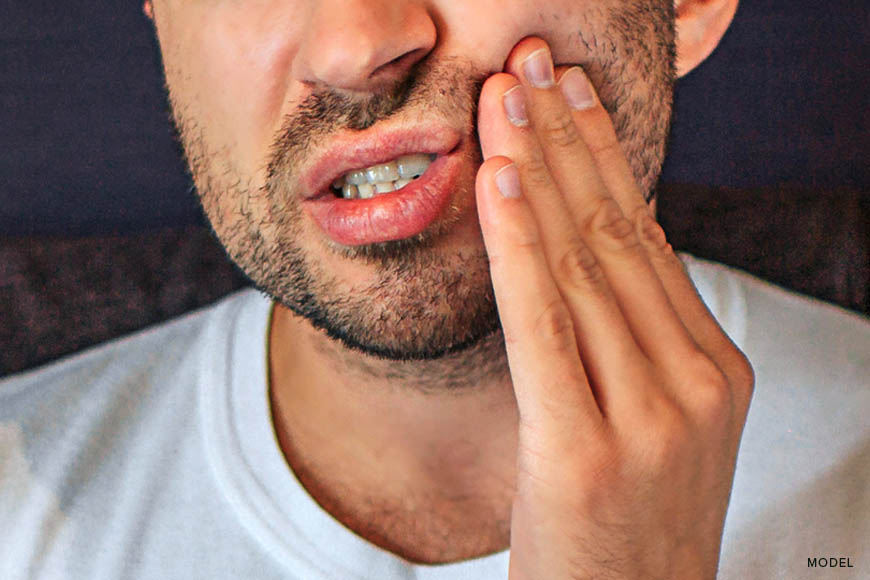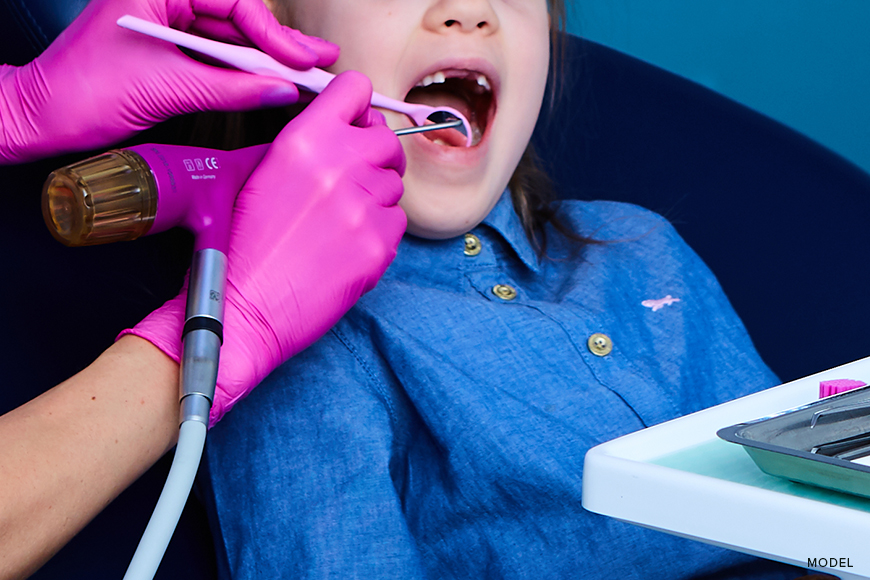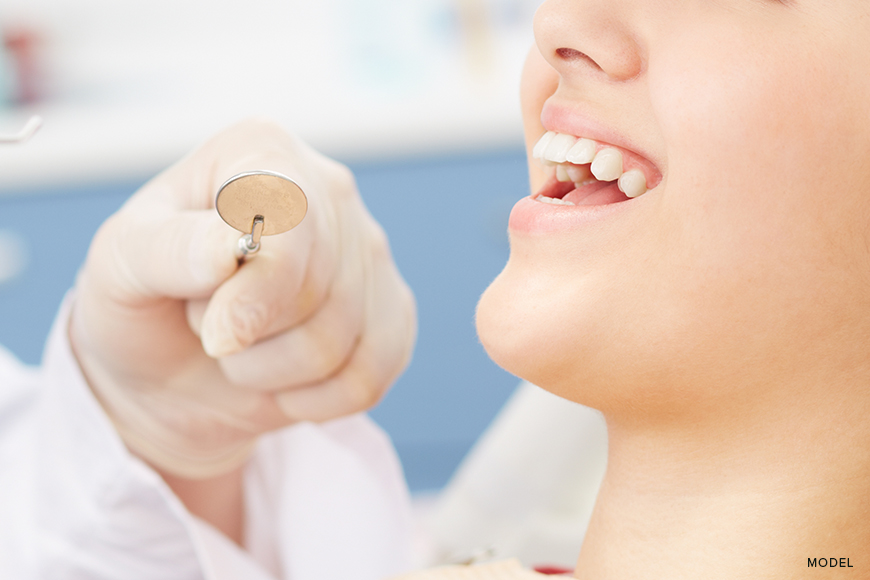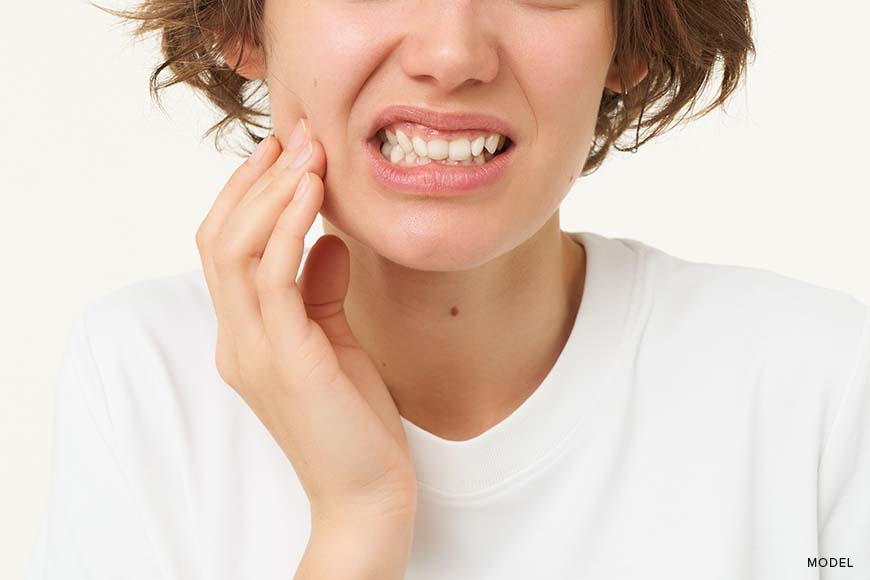Throughout my practice, numerous patients have approached me with concerns about waking up with sore jaws or inexplicable headaches. Have you experienced this before? These may be signs that you might unknowingly be grinding your teeth.
Identifying Teeth Grinding
Bruxism, known as teeth grinding, is the involuntary act of clenching or grinding the teeth, either during the day or nighttime. Nighttime occurrences, especially that done in your sleep, are more problematic.
Recently, I discussed this topic in an Instagram video on Madison Dentistry & Implant Center’s Instagram account. As I highlighted there, grinding is influenced by multiple factors. Some individuals have a genetic predisposition towards it, while for others, it might be due to the medications they consume. However, an undeniable trigger is stress and anxiety.
Increased levels of stress can amplify nighttime grinding. I’ve found that exercising and meditating practices can benefit such individuals. But if you’ve been grinding your teeth lifelong, possibly due to hereditary reasons, the most prudent thing would be to get a night guard to prevent dental damage. Protecting your teeth becomes paramount in such situations.
View this post on Instagram
Reasons Behind This Behavior
- Emotional Triggers
Stress and anxiety aren’t just mental disturbances. They manifest physically, often culminating in behaviors like bruxism. It’s as if your body tries to cope by physically reacting to these internal tumults. - Sleep Disruptions
From my observations, many patients with sleep disorders, such as sleep apnea, also experience teeth grinding. It’s akin to an orchestra out of tune, where one disrupted element can cause a cascade of offbeat rhythms. - Medications and Consumables
Some medicines, particularly certain antidepressants, can cause teeth grinding. Similarly, excessive consumption of caffeine or alcohol can be a contributing factor.
The Consequences
- Dental Setbacks
Persistent grinding can erode tooth enamel, induce sensitivity, and cause tooth damage. It’s crucial to realize that our mouths, though resilient, have limits. - Wider Health Implications
Beyond dental concerns, bruxism can result in facial pain, headaches, and issues with the temporomandibular joints – those you feel moving when you touch your ears and open your mouth.
Recommendations for Prevention
- Personal Practices
Mitigating stress, limiting caffeine and alcohol, and adopting routines like meditation and exercise can be beneficial. - Medical Solutions
For severe cases, I suggest using dental guards, or addressing teeth misalignment as potential solutions. It is best to consult a dentists for the next steps, you can book your personal consultations at our clinic at Madison Dentistry & Implant Center.
Bruxism is a common, yet often overlooked issue. Understanding its root causes and implications is the first stride towards managing it. If you’re grappling with teeth grinding, I encourage you to seek guidance. Together, we can navigate this journey toward dental well-being. Schedule a consultation today to take the first step towards a healthier smile.
FAQs
- Is bruxism common in children?
Yes, many children experience it, but they typically outgrow it as they approach adolescence. - Can grinding lead to earaches?
Indeed, due to the jaw’s proximity to the ear, grinding can result in referred ear pain. - How can I ascertain if I grind my teeth during sleep?
Symptoms like morning jaw soreness or persistent headaches can be indicative. - Are there medications known to cause bruxism?
Yes, certain antidepressants and antipsychotic drugs can lead to teeth grinding. - Is there a complete cure for bruxism?
While a complete “cure” might not be an option yet, with the right interventions, its effects can be significantly managed.





